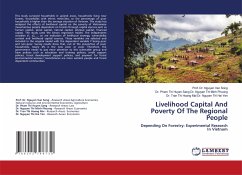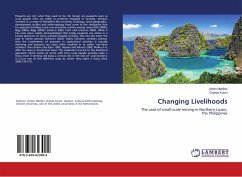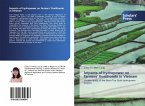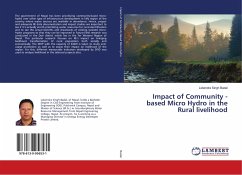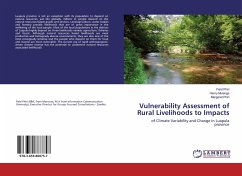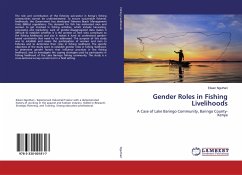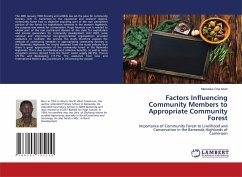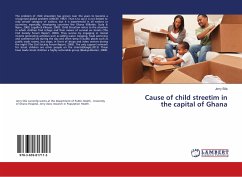This study surveyed households in upland areas, households living near forests, households with ethnic minorities, so the percentage of poor households is higher than the average situation of Vietnam. The study has analyzed the effects of livelihood capital on the poverty of Vietnamese mountainous people dependent on forests through capital sources such as human capital, social capital, natural capital, physical capital, financial capital. The study used the binary regression model. The independent variables x1, x2,..., xn are indicators of livelihood strategy, vulnerability context and livelihood capital sources. These variables are selected and included in the original model with the dependent variable Y being poor and non-poor. Survey results show that, out of the proportion of poor households, nearly 4% is the new poor or poor. Therefore, the government needs to pay more attention to this vulnerable group and have policies such as education and training policies, credit support policies, forest development support policies, and payment for forest environmental services ( beneficiaries are more suitable people and forest dependent communities.
Bitte wählen Sie Ihr Anliegen aus.
Rechnungen
Retourenschein anfordern
Bestellstatus
Storno

